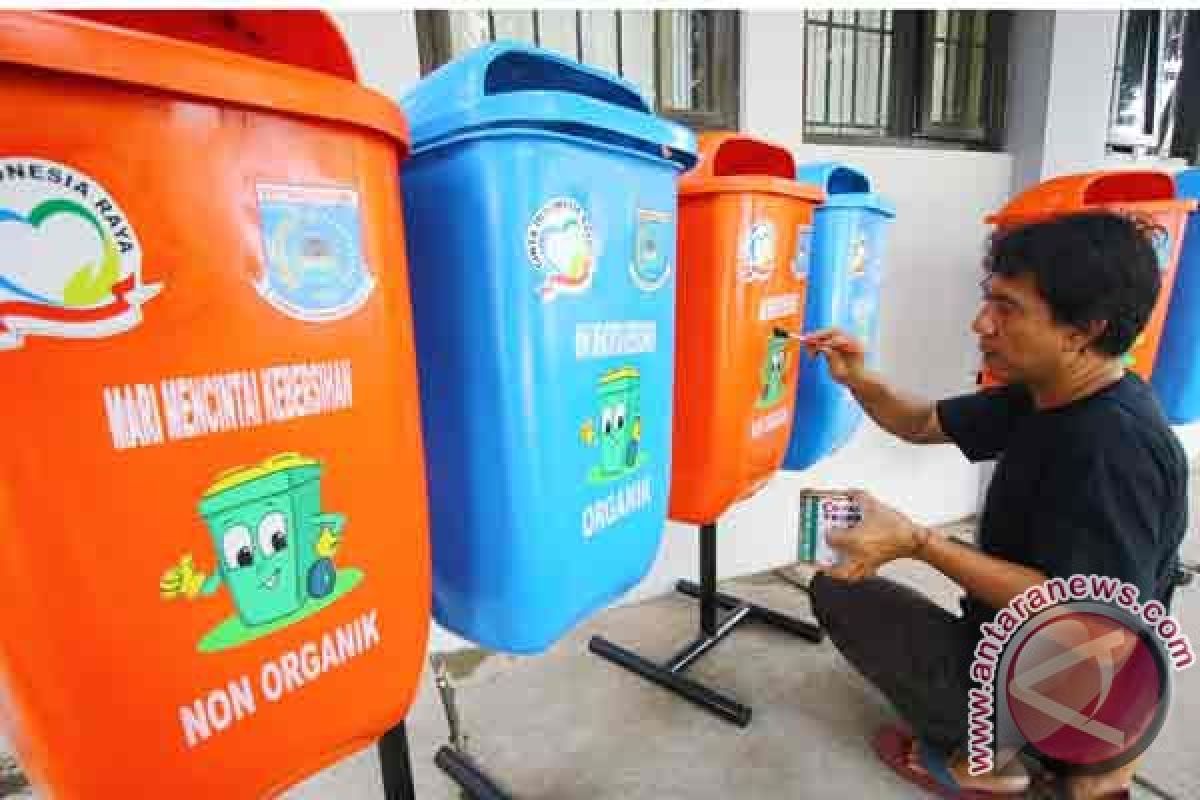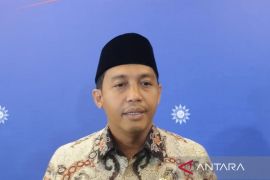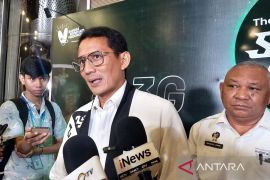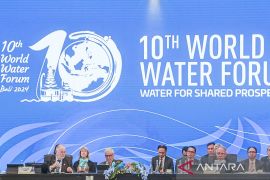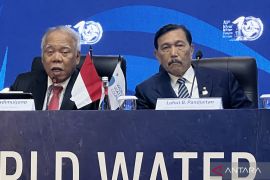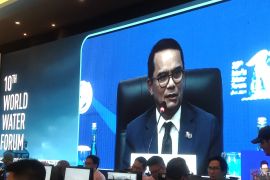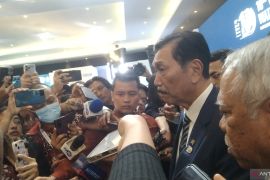The people need to be educated and made aware of the importance of sorting and processing waste in an effort to creating a cleaner and healthier environment.
WWF Indonesia Communication and Advocacy Director Nyoman Iswarayoga pointed out that the Indonesian people continued to litter despite the presence of organic and inorganic waste disposal bins.
"Until now, the people are familiar with the so-called 3Rs to handle waste problems: reuse, reduce, and recycle. Actually, reduce is the most important one," Iswarayoga emphasized.
He reiterated that reducing waste was more important than recycling or reusing used goods.
According to Iswarayoga, the efforts to reduce waste were important to lessen the piles of garbage being dumped in landfills.
Iswarayoga said that the recycling or reuse of secondhand goods basically did not resolve the problem as recycled items, when not in use, would become new waste.
Indonesia, the worlds second-largest contributor to plastic waste in the oceans, is in a state of emergency with regard to the waste problem.
The capital Jakarta is one of the worlds largest mega cities, and its growing middle class is producing increasingly more amount of waste due to which there is a shortage of garbage trucks or space to dump the waste.
"In developed countries, changing the mindset of people who litter takes decades. But, in Japan, for instance, the people there now have inculcated good habits that help keep things clean," he pointed out.
(Uu.O001/INE/KR-BSR/O001)
Editor: Priyambodo RH
Copyright © ANTARA 2016
